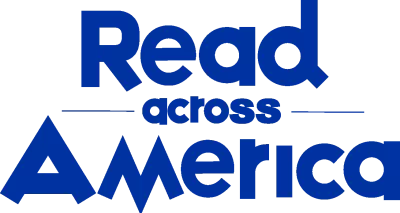Share this book
In This Book Won’t Burn, Noor’s banned book club starts organically when she’s inspired to read aloud at lunchtime from the banned book left in her locker. Encourage readers to come together to talk about a specific book or discuss a topic or theme across several different book titles when you have them start a book club of their own that supports the freedom to read and equitable book access.
As Noor discovered, book clubs help build community and provide readers with opportunities for meaningful interactions. They can also be a catalyst for awareness and taking action, as students read and learn more about issues that are important to them. Help get students involved in the conversation about censorship by giving students choice and autonomy in their book club. Book Club Basics can help you and your students get started. As they plan, encourage students to think about how they can also plan for taking action as they become inspired or moved by the books they read and discuss.
Questions for Discussion or Reflective Writing
- What do books and libraries mean to Noor? What do they mean to you? What do you think of Ms. Clayton? How is she similar or different from librarians you know?
- Have you read any of the banned books mentioned in This Book Won’t Burn? If so, did you find anything in the book or books that you considered offensive? What impact did this book(s) have on your understanding of the world and how you consider your own values?
- Have you ever felt something was wrong but didn’t say anything about it? What kept you from saying or doing something? What drives Noor to be quick to speak up about books being banned in her school library? What consequences do Noor and others face because she speaks up? What are the risks and rewards of being an activist?
- Compare how Noor speaks up and out versus how school board chair Steve Hawley uses language to pursue a particular agenda. How does language shape our thinking at a subconscious level? How can language matter more than our personal political persuasions?
- Why do you think that Noor gets traction in fighting book banning and discrimination compared to the efforts Juniper and others made before Noor arrived in Bayberry?
- Noor has some challenging conversations about racism with Andrew. Have you had similar conversations? What does it take to make conversations about race productive and lead to a deeper respect and understanding?
- How do you think Noor would define community? What about Andrew? How do you define it? How do you and your community discuss and deal with censorship and hate?
Related Resources
Book Club Guide for This Book Won’t Burn from NOVL
Samira Ahmed on 'This Book Won't Burn' podcast from Big Books and Bold Ideas
Book Club Basics from NEA’s Read Across America
Classroom Resources to Celebrate the Freedom to Read from NEA’s Read Across America
Why We Need Diverse Books from NEA Today
Student Voice: What Young People Can Do About Book Bans by Rohan Satija from PBS NewsHour Classroom
In Their Own Words: Youth Voices on Books Unbanned from Books Unbanned
Unite Against Book Bans’ Action Toolkit
More Titles to Try
-
Suggested Reading
by Dave Connis
-
You Can’t Say That: Writers for Young People Talk About Censorship, Free Expression, and the Stories They Have to Tell
by Leonard S. Marcus
-
Banned Book Club
by Hyun Sook Kim
-
Banned Books: The Controversy Over What Students Read
by Meryl Loonin
-
Miles Morales: Suspended
by Jason Reynolds
Join Our Movement



